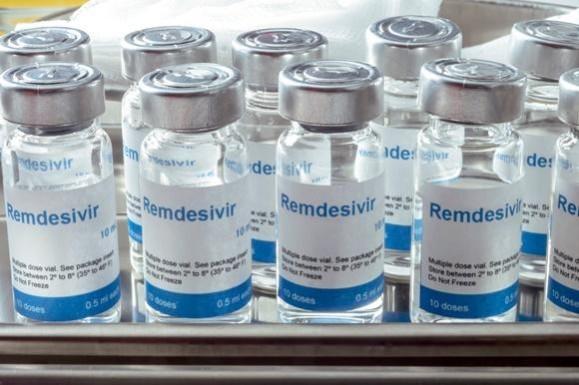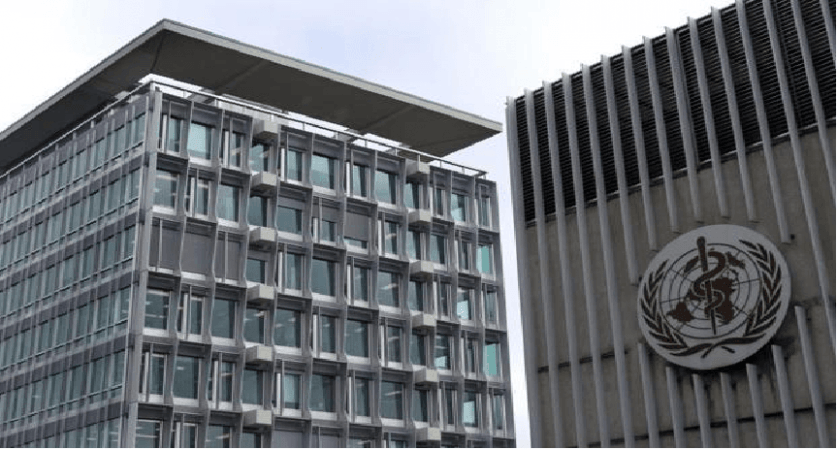Within a fortnight of a study conducted over the effectiveness of remdesivir by Gilead, an American biopharmaceutical company, showed that the treatment cut down COVID-19 recovery time by five days, the World Health Organization (WHO) through one of its clinical trials has nullified the former and claimed that repurposed drug had little or no effect on COVID-19 patients' length of hospital stay or chances of survival.

The antiviral medication, among the first to be used as a treatment for COVID-19, was one of the drugs recently used to treat US President Donald Trump's coronavirus infection.
Well, what a surprise!#remdesivir is useless against Covid-19!
— Mark Wallace (@MarkWal45145801) October 16, 2020
Who would have expected that a drug made by one of #Trump's cronies, and praised at length by Trump from the White House would be a con?
I wonder how many people made a fortune from the surge in its stock price
Gilead's #Remdesivir doesn't save lives.
— Roxann Minerals ? (@Roxann_Minerals) October 16, 2020
So says large, multi-country study run by WHO Solidarity trial network.
An indepth look at the study by @kakape also notes??
??Gilead just cut $1B deal with EUROPE for the drug.@Europarl_EN don't READ or pay attention?
WTF?@EPinNL https://t.co/Jhlf0hh1jZ
#WHO releases findings
— Mike ???????️? (@mjcspringstrd) October 16, 2020
on #Remdesivir...
uh-oh...#Gileadhttps://t.co/P9e3wXYi9T
WHO casts doubts on Remdesivir
The results are from WHO's "Solidarity" trial, which evaluated the effects of four potential drug regimens, including remdesivir, hydroxychloroquine, anti-HIV drug combination lopinavir/ritonavir and interferon, in 11,266 adult patients across more than 30 countries.
The study found the regimens appeared to have little or no effect on 28-day mortality or the length of the in-hospital course among patients hospitalized with COVID-19, the WHO said.

The results of the trial are yet to be reviewed and were uploaded on the preprint server medRxiv.
"The emerging (WHO) data appears inconsistent, with more robust evidence from multiple randomized, controlled studies published in peer-reviewed journals validating the clinical benefit of remdesivir," Gilead told Reuters earlier this month after comparing its results with patients who got a placebo in a trial comprising 1,062 patients.
"We are concerned the data from this open-label global trial has not undergone the rigorous review required to allow for constructive scientific discussion, particularly given the limitations of the trial design."
WHO chief scientist Soumya Swaminathan said on Wednesday that during the study, hydroxychloroquine and lopinavir/ritonavir were stopped in June after they proved ineffective, but other trials continued in more than 500 hospitals and 30 countries.
"We're looking at what's next. We're looking at monoclonal anti-bodies, we're looking at immunomodulators and some of the newer anti-viral drugs that have been developed in the last few months," Swaminathan said.
Remdesivir received emergency use authorization from the US Food and Drug Administration on May 1, and has since been authorized for use in several countries.

















